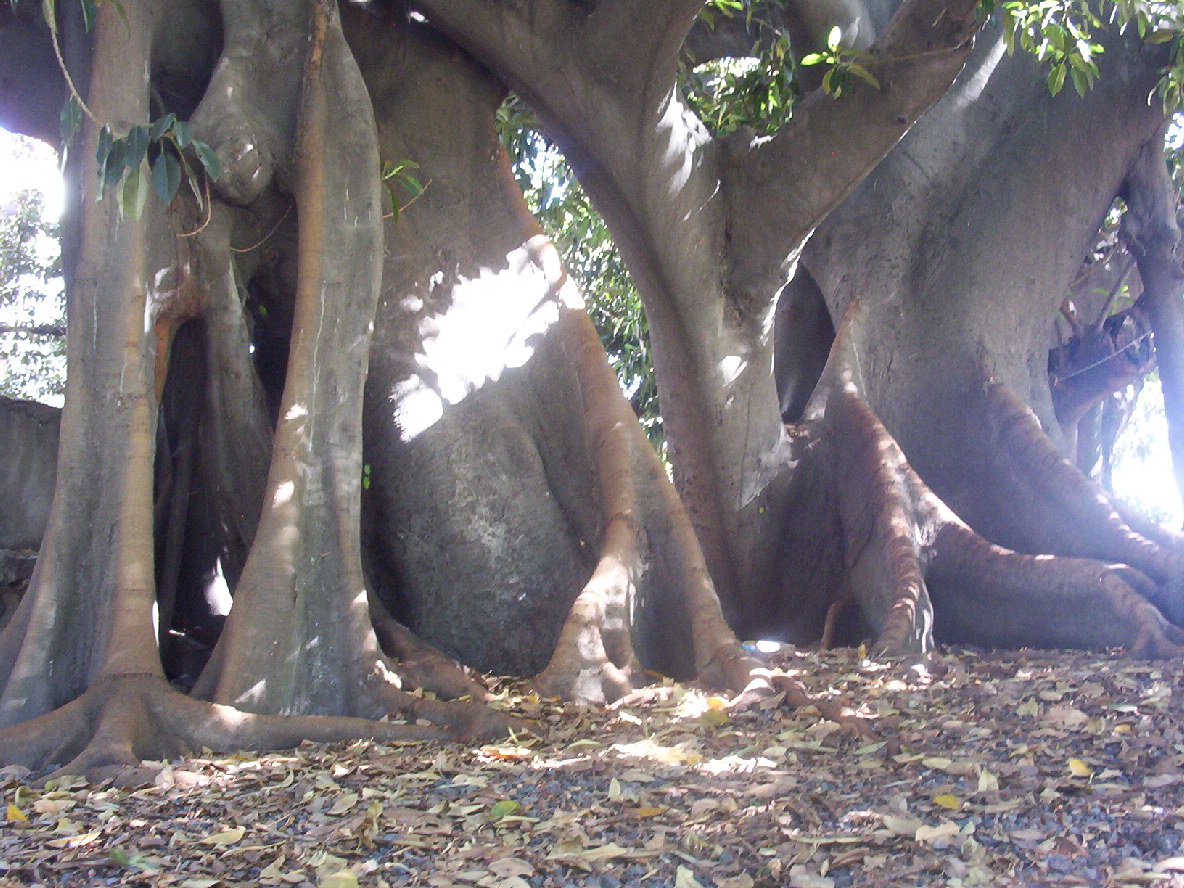Now is the Time to Address the Global Health Equity Gap
While the world has been preoccupied with COVID-19, deaths from non-communicable diseases (NCDs) continue to impact poor nations at an alarming rate. Each year around the world, more than 15 million people die from NCDs between the ages of 30 and 69, and 85% of these premature deaths occur in low- and middle-income countries. In fact, more people die from cancer in Africa than from malaria. Yet, many of the latest cancer treatments have not yet reached lower income countries. While treatments for all of these conditions exist, the barriers that keep them from patients are persistent and complex.
[time-brightcove not-tgx=”true”]
Over the last two years since the start of the COVID-19 pandemic, I have learned that when you let go of ‘business as usual’ and rethink the norm, we achieve breakthroughs. We developed in just nine months a vaccine and a treatment in 18 months that would previously have taken many years, and then we manufactured and shipped more than three billion of those vaccines to nearly 180 countries and territories in just one year.
Now we need another breakthrough: to end the health inequities that exist between wealthy and poor nations. We can no longer tolerate this gap. Everyone, regardless of income or geography shares the same rights to receive high quality, safe and effective medicines and vaccines. So, now is the time we must ask ourselves, how can we apply what we have learned in our fight against COVID-19 to all diseases and redefine the norm for accessing quality health?
The need is clear, but how we do this is more complicated.
Recent estimates show it can take at least four to seven years longer for new medicines to be authorized for use in sub-Saharan Africa than in the U.S. or Europe, and many others are never made available, greatly limiting patient access to critically needed treatments. Procurement channels can be tedious and cumbersome, particularly for smaller nations. Initiatives like the Africa Medical Supplies Platform (AMSP) and the Africa Vaccines Acquisition Trust (AVAT) have helped during the COVID-19 pandemic, enabling pooled procurement and increasing cost effectiveness and transparency for emergency medicines and supplies. Still there’s more work to do.
Today, Pfizer is launching ‘An Accord for a Healthier World’ as a major first step to apply what we have learned and bring new resources to address the health equity gap. The Accord is a first-of-its kind, comprehensive initiative that will focus on greatly increasing access for 1.2 billion people living in 45 lower-income countries – all 27 low-income countries and 18 countries that have transitioned from low-income to lower-middle-income classification in the last 10 years. We have committed to provide our patented, high-quality medicines and vaccines available in the U.S. or the European Union—both current and future products—on a not-for-profit basis to the governments of these countries.
Hundreds of millions of COVID-19 vaccine doses are available for free yet the vaccination rate for adults in Africa is roughly 15%. The pandemic made clear that supply is only one element to helping patients, under the Accord, we will work with governments and global health partners to identify quick and efficient regulatory pathways and procurement system to speed access, identify unmet health system needs and mobilize the resources needed for success. This includes technical expertise to support regulatory processes, innovative supply chain solutions, greater diagnostic capacity, innovative financing solutions and more to help governments achieve long-term success.
No one company or government can address generations of health inequity alone. Pfizer and many others have been working for a long time to try to address the barriers that limit health equity. While important progress has been made, we must challenge the norm. We need an enhanced framework for global partnership, innovative thinking and scalable solutions to address this seemingly impossible task. We aim for the Accord to be a catalyst that brings together multi-disciplinary partners to effectively apply solutions across the entire healthcare ecosystem.
We are inviting all of those who share our commitment and who are ready to work in brave and bold new ways to make their own equity commitments and work collectively to remove barriers to better health to change the lives of people around the globe.
View original article
Contributor: Albert Bourla

